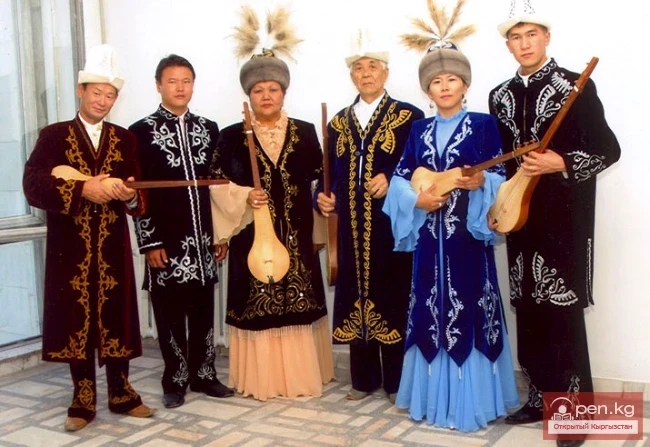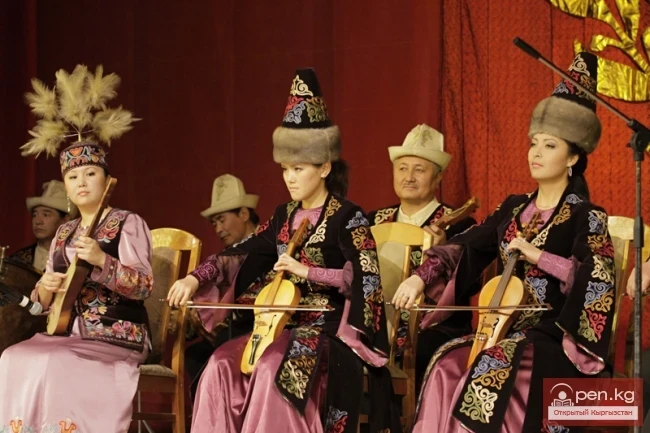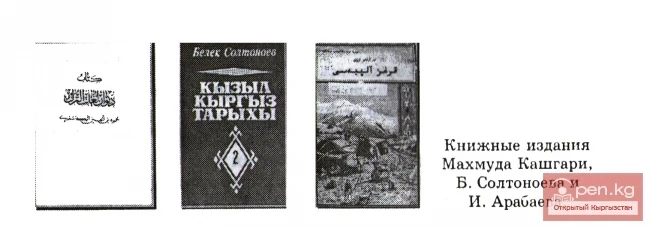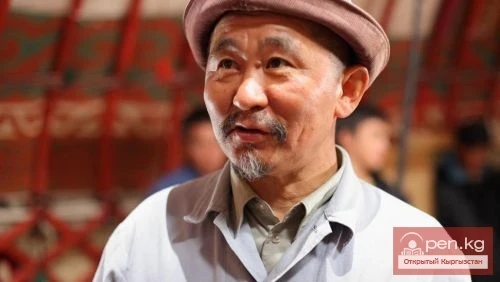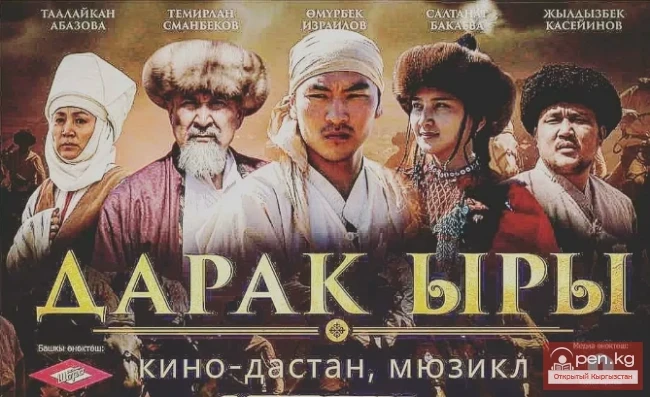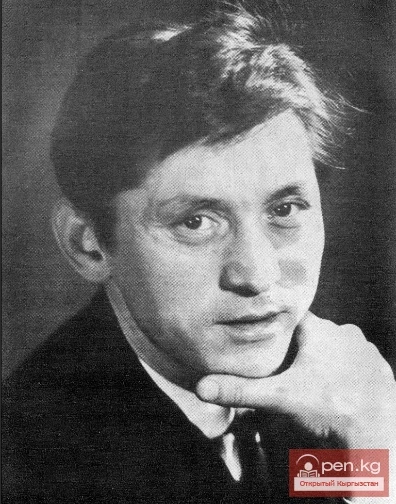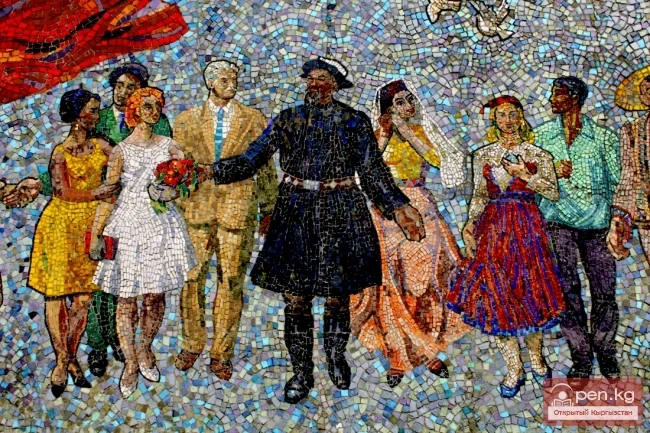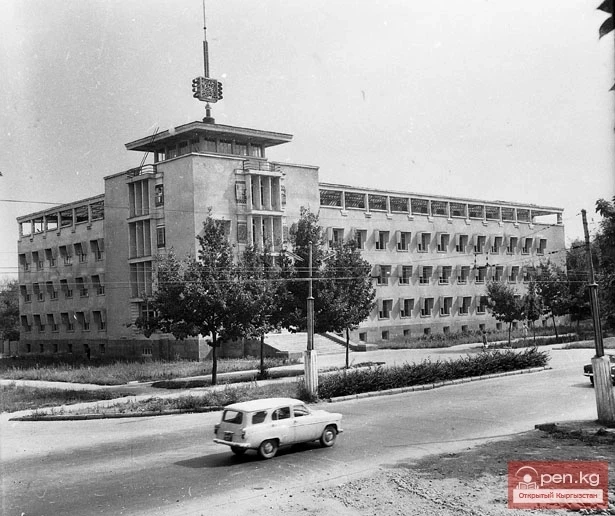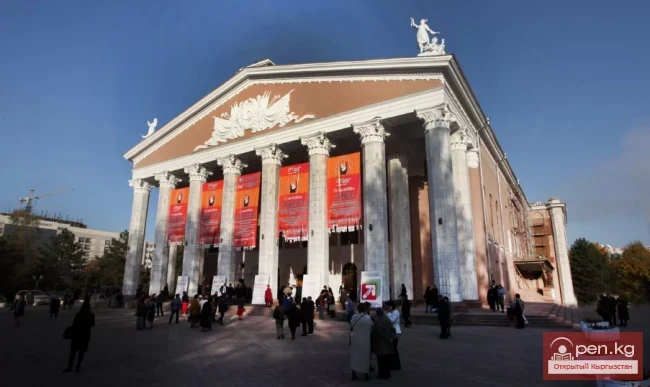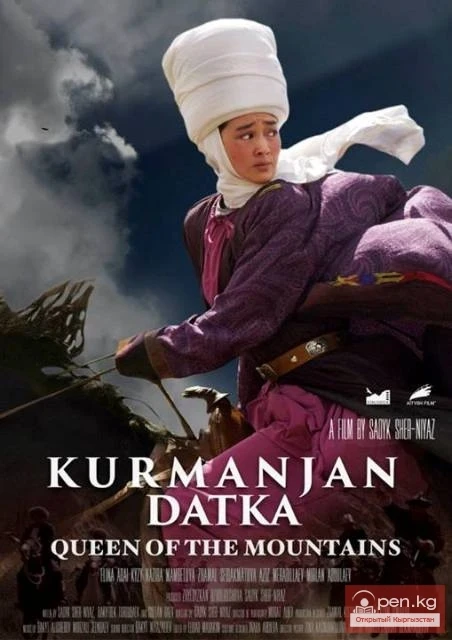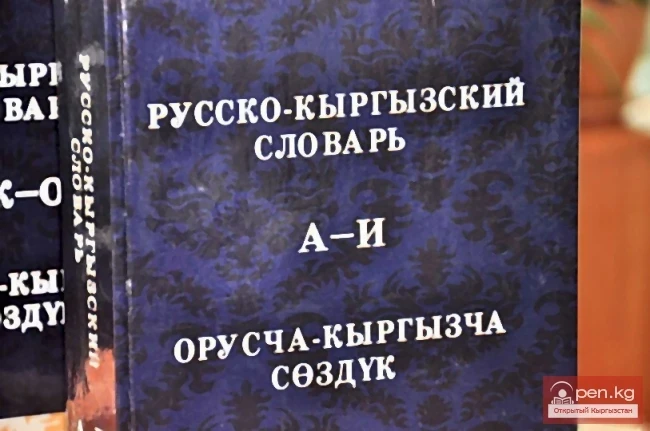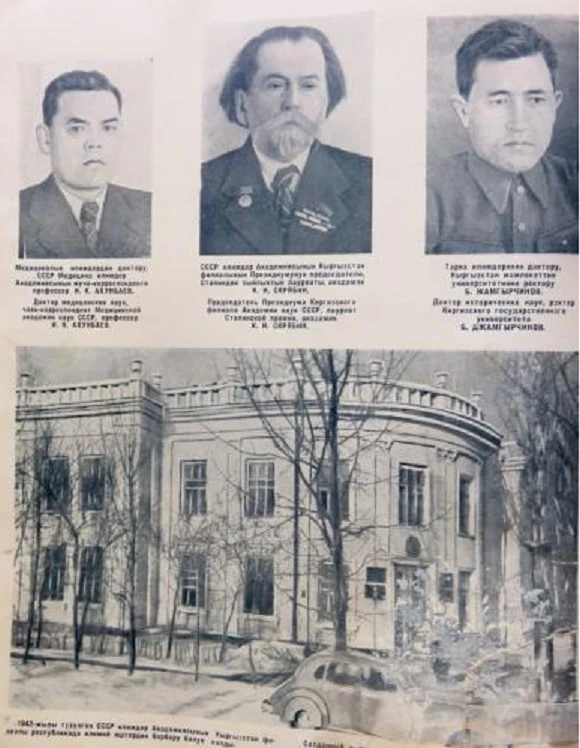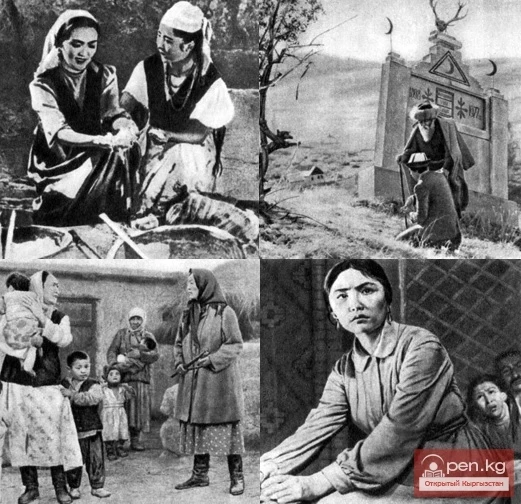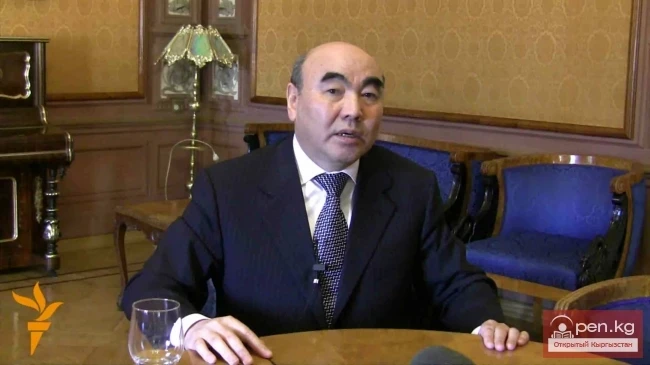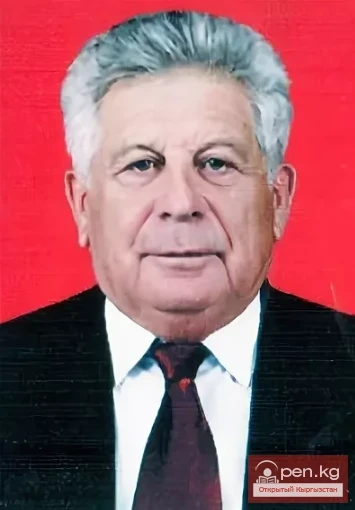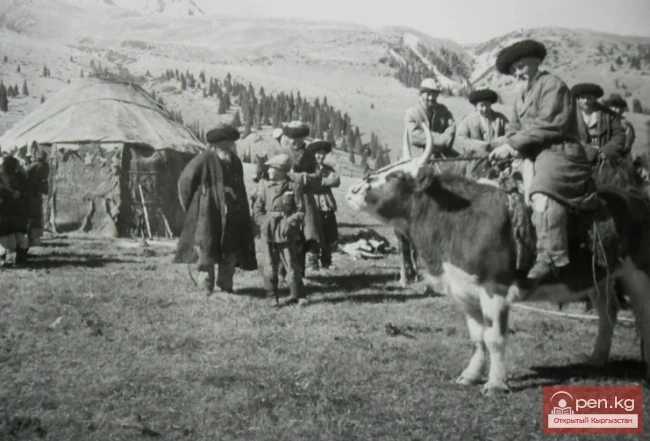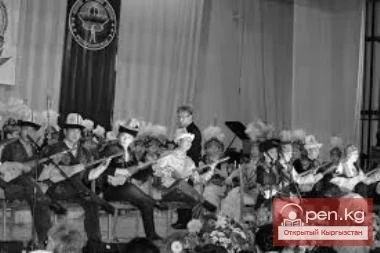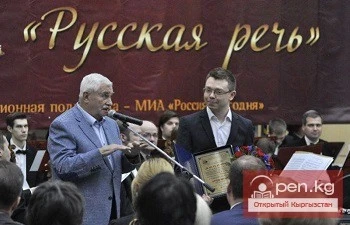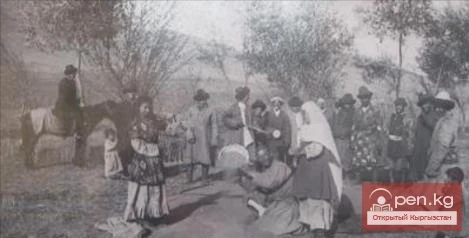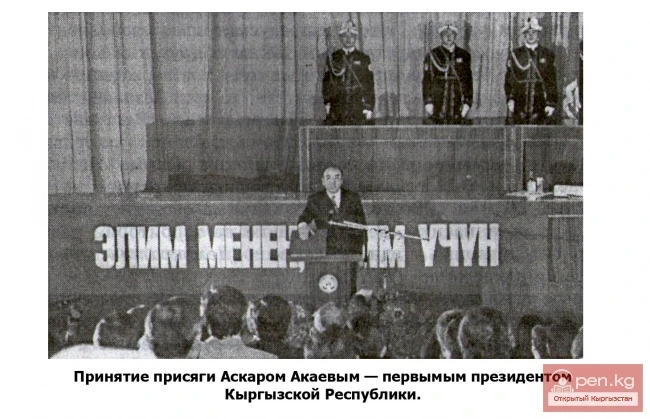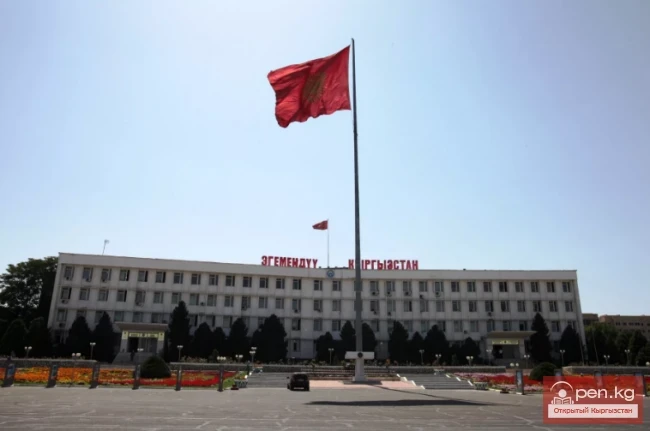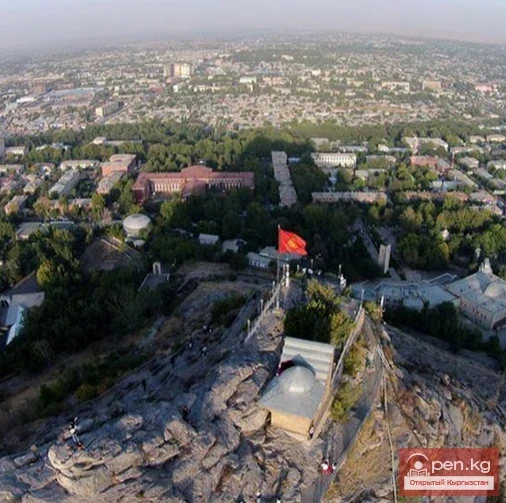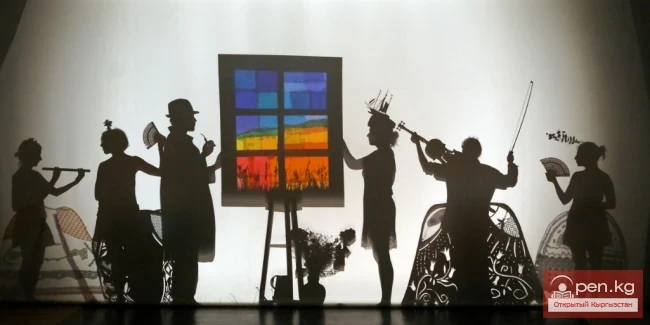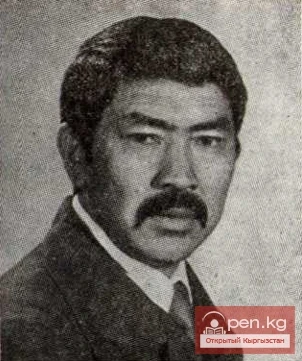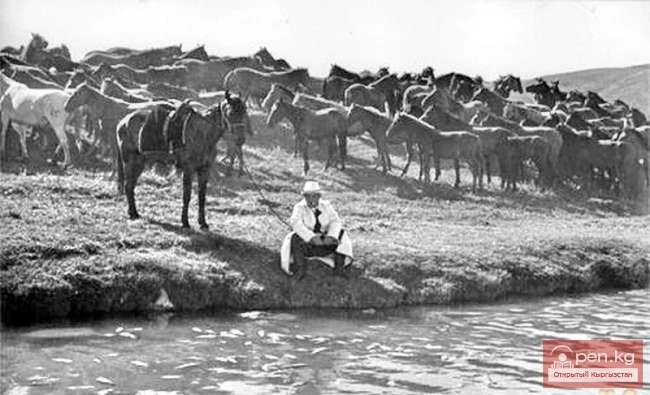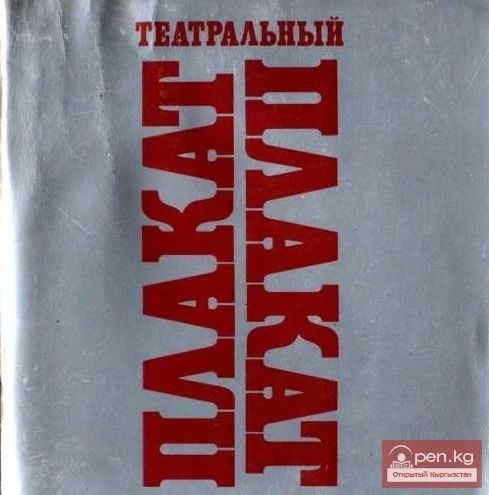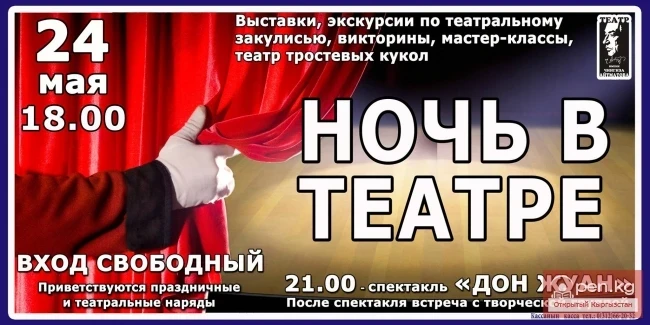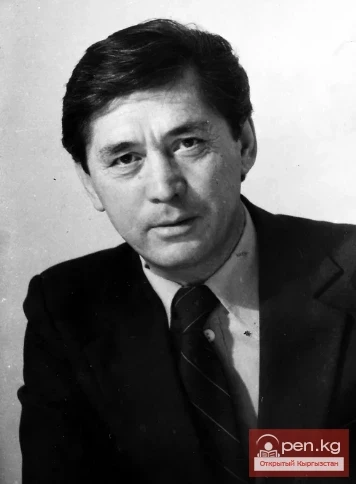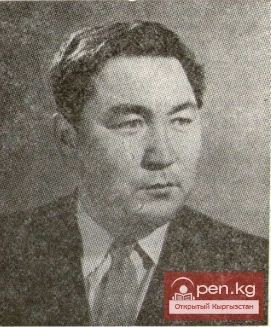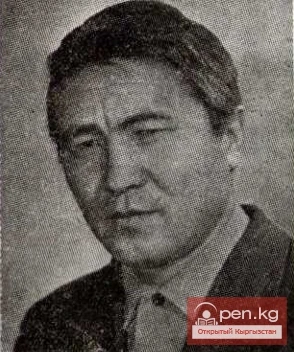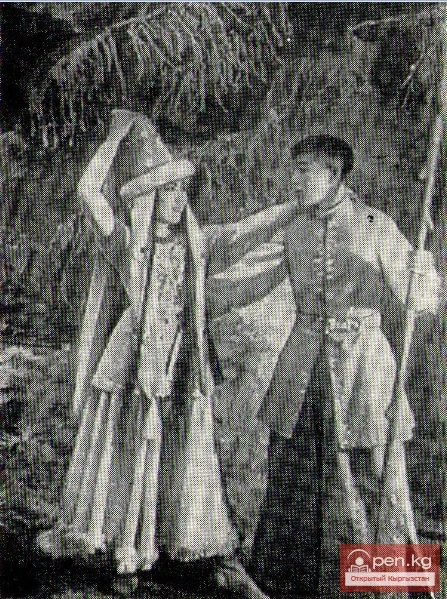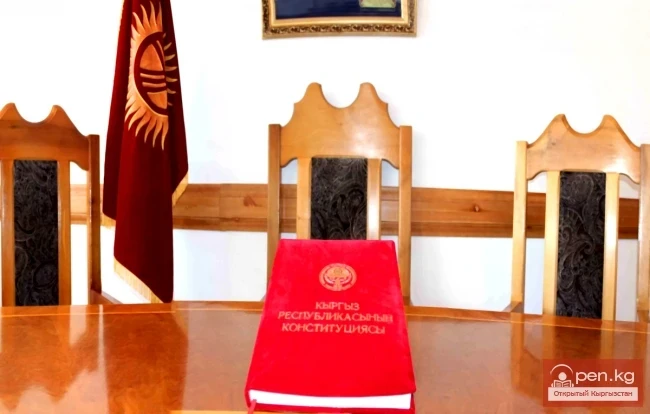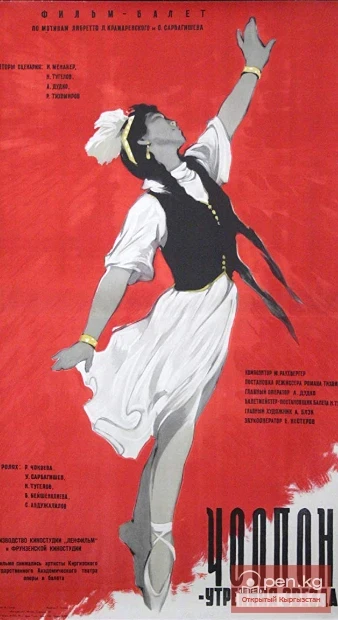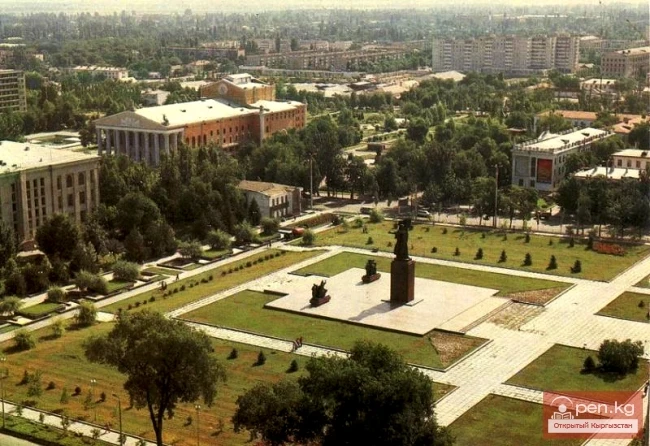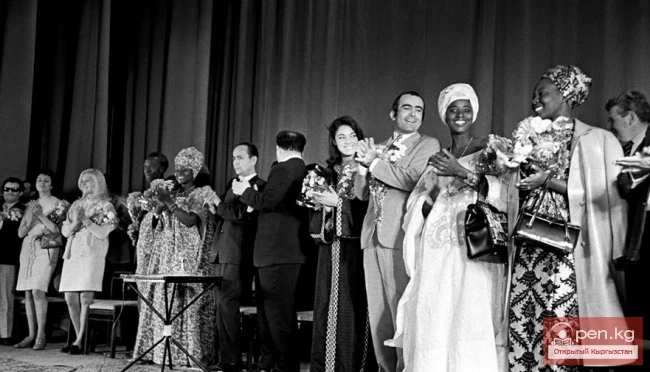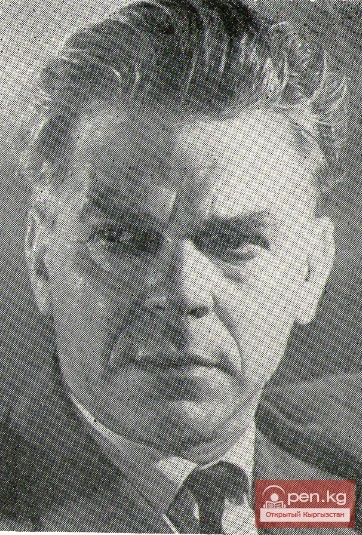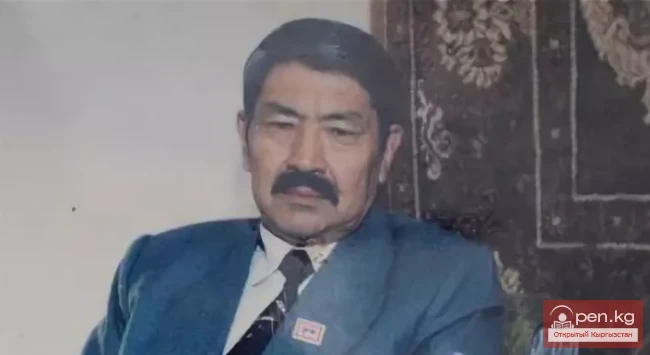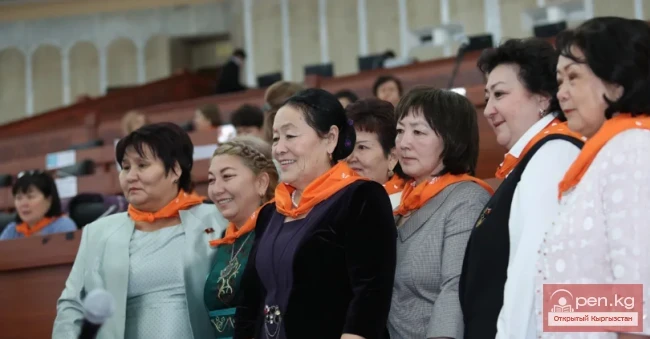Changes in the Cultural Sphere.
Independence and the democratic processes occurring in public life have brought renewal to the science, education, and culture of the republic.
First of all, culture has freed itself from the ideological oversight of the party, which accompanied it throughout the years of Soviet power. No film, book, or play reached the people without strict censorship from the party: it determined what was worth reading, watching, and what was not. The lifting of censorship opened a wide path for the free development of literature, music, theater, cinema, etc.
It is known that the level of development of any nation is largely determined by the achievements of its artistic culture. The understanding and recognition of this at the state level was expressed in the development and adoption of the “Madeniyat” (“Culture”) program, according to which assistance began to be provided for the development of literature and art in Kyrgyzstan.
Creative teams and artists began to go on tours abroad, showcasing their best achievements. The Kyrgyz creative-ethnographic group “KambarKan” traveled to many countries around the world, demonstrating their choreographic and musical mastery. Its small team toured Japan for almost three months in 1997 and won the hearts of the residents of the Land of the Rising Sun.
Despite economic difficulties, Kyrgyz filmmakers produced wonderful films. The film by young director Aktan Abdykalykov “Beshkempir,” which tells the story of life in a Kyrgyz village in the 1950s through the eyes of a teenager, was rightly awarded prizes at many international film festivals. A documentary film about the epic “Manas” by renowned director Melis Ubushaev attracted enormous interest not only from the Kyrgyz people but also from the global community.
The invitation of many actors, singers, and musicians to creative teams in other countries serves as evidence of the world level and high professionalism of Kyrgyz cultural figures. In the last years of his life, the outstanding Kyrgyz opera singer Bulat Minzhilkiev worked at the world-famous Mariinsky Theater in St. Petersburg.
Celebration of the 1000th Anniversary of the Epic “Manas”. One of the most important events in the cultural life of independent Kyrgyzstan was the 1000th anniversary of the national pride of the Kyrgyz — the epic “Manas,” the celebration of which was banned by the center during Soviet times. The UNESCO supported the initiative of the President of the republic, A. Akayev, and declared 1995 the Year of the Epic “Manas.”
The celebrations dedicated to the 1000th anniversary of “Manas” took place in August 1995 in the capital — the city of Bishkek, in the city of Talas, and in other regional centers. Eight presidents of foreign states, six prime ministers, and guests from 80 countries came to Kyrgyzstan for the celebration of this anniversary.
Preparation for the anniversary took three years. To introduce the broad world community to the epic “Manas,” numerous scientific conferences were held, and about 100 different books were published. Together with the world-famous English corporation “BBC,” a promotional film “Manas and Kyrgyzstan” was produced, which was seen by residents of England and America. Through the acquaintance with the epic “Manas,” the peoples of the world gained an understanding of the Kyrgyz people and their unique culture.
The significance of the anniversary was heightened by the fact that it took place in independent Kyrgyzstan, for which the legendary Manas fought for freedom. But the main outcome of this significant event was the unification of the Kyrgyz people under a single spiritual principle, based on the seven commandments of Manas:
1. Unbreakable unity, agreement, and internal cohesion.
2. Interethnic harmony, friendship, and cooperation.
3. National dignity and civic honor.
4. Tireless work, striving for prosperity through advanced knowledge and skills.
5. Humanism, generosity, kindness.
6. Unity with nature.
7. Strengthening the Kyrgyz state and protecting its security as the apple of one’s eye.
Literature. In the years of independence, works that were not published during the Soviet era came to light, and works about the birth of a new society and new reality emerged. Memoirs and essays by the outstanding Kyrgyz writer Tugelbai Sydykbekov (1916—1997) and honorary academician Khusain Karasaev (1901-1998) were published. The world-renowned writer Chinghiz Aitmatov wrote his new novel “The Cassandra's Mark,” which raises one of the most complex problems of our time - the role and responsibility of man for what happens on Earth. The historical novel Tologon Kasymbekov “The Broken Sword,” which had parts censored for ideological reasons during the Soviet era, was published now in its complete version. The novel by writer Kazat Akmatov “Events, People: One Thousand and One Days,” dedicated to the collapse of Soviet power and the emergence of a new era, found its readers. The novel Kubat Jusubaliev “Cold Walls,” which tells about the difficult years of the authoritarian-command regime in the country, sparked great interest.
Return to the People. The democratization of public life has allowed the return of the cultural and historical heritage that was under strict supervision during the totalitarian regime. This includes songs and historical poems written by the akyn Molodo Niyaz, who lived in the 19th century. During the Soviet era, they were inaccessible to the general reader, as party officials considered him a reactionary akyn, allegedly glorifying the order and life of the exploitative society. A strict ban was imposed on the poems of the akyns of the zamanists Kalygula, Arstanbek, Moldo Kylch because they had a negative attitude towards the rapprochement of Kyrgyz tribes with Russian tsarism, as well as on the talented akyns Kazybek, Boogachy. People were unaware of the works of historians and sanjyrachi Osmonaly Sydykov and Belek Soltonoev. In the years of independence, the works of these outstanding figures were published, and their names became widely known to the people.
The Future Belongs to Knowledge. Folk wisdom says: “The knowledgeable conquer a thousand, while the strong conquer one.” This means that to build a new, open society, people, especially youth, must acquire knowledge. The young Kyrgyz state is doing a lot for this. In 1996, the National Program “Bilim” (“Knowledge”) was developed and adopted, aimed at renewing the education system, creating conditions for young people to acquire high professional skills and abilities, and supporting especially gifted and talented children, i.e., to build a truly civilized, democratic, and cultural society in Kyrgyzstan.
According to this program, every student is tasked with mastering computers and foreign languages. The significance of computers in today’s life is immense; thanks to them, we can communicate with the whole world, and all it takes is to connect to the global computer network, the Internet. It is also easy to find the necessary information there. However, this requires a good knowledge of foreign languages. The thirst for knowledge can open the doors to many higher educational institutions. In our country, there are about 50 of them, including educational institutions from the United States, Russia, Turkey, Kuwait, and other countries. Currently, thousands of young men and women from Kyrgyzstan are receiving education at the best universities both near and far abroad.
There are special programs under which talented gifted children are sent for training in other countries. International organizations and funds provide significant assistance to the education system. The Soros Foundation in Kyrgyzstan has published hundreds of new books and distributed them for free in schools, provided them with computers, and audio-video equipment. The Asian Development Bank has provided substantial financial resources to address the problems of the education system. For example, with the help of this bank, this textbook in the Kyrgyz language and other textbooks were published.
